Have you ever wondered why there is so much fuss about pre-workout products? You will be pleased to know you are in the right place!
From industry statistics to how pre-workouts can benefit you and more, we have got the pre workout statistics and information you need to know.
We have scoured the internet to come up with 50 interesting facts about pre-workouts. Let’s not waste another second and get stuck in!
1. Ultimate Orange lays the foundations
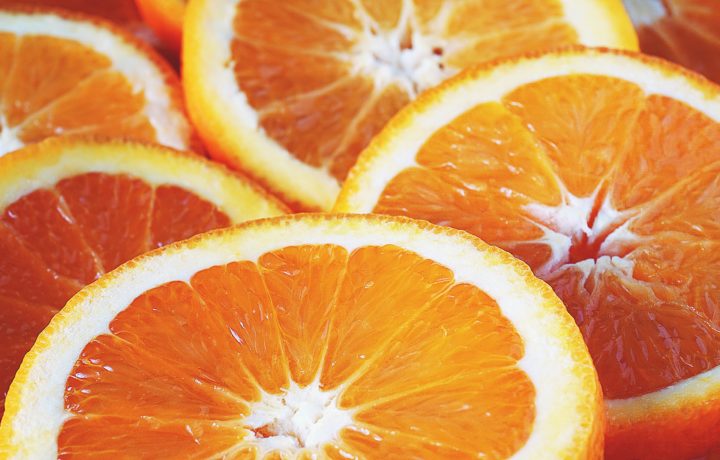
Dan Duchaine formulated the first pre-workout – Ultimate Orange – in 1982. While it was blamed for a series of heart attacks amongst seemingly healthy men and women, it laid the foundations for what has become a multi-billion-dollar global industry.
2. Kerching!

The pre-workout supplement market is valued at around $15 billion and is forecast to nearly double by 2028. The demand for pre-workout supplements is supported by growing awareness among consumers about the benefits of taking supplements before physical activity.
3. United States leads the way

The United States accounts for around 40 percent of the total market size for pre-workout products. It is forecast that sales in the US will increase at a compound annual growth rate (CAGR) of more than eight percent over the next ten years.
4. US citizens can’t get enough supplements

Three-quarters of Americans take supplements – with pre-workout supplements among the most popular and widely used across demographics such as age, sex, race and others. Pre-workouts are the most direct and popular choice for making workouts feel better.
5. Online sales power ahead

Most supplements are purchased online with consistent yearly growth of around ten percent, which has reduced brick-and-mortar supplement stores. This is a constant sign of increased online sales and the trend is forecast to continue for the foreseeable future.
6. Brand trust matters

With 59% of people reporting they will happily pay more for a brand they trust, companies are expected to be transparent and honest about their products. They should disclose all facts about pre workout, not only their ingredients but also their efficacy, safety, and absorption.
7. Wenger revolutioniZes soccer

Arsene Wenger was one of the first soccer managers to advocate using creatine when he was appointed by Arsenal in the 1990s. While the move was controversial at the time, supplementation is now commonplace in professional sports.
8. Supplementation is rife at NCAA level

According to research published by the International Journal of Sports Nutrition and Exercise Metabolism, 72 percent of Division I NCAA athletes report the use of dietary supplements for enhanced strength, performance and endurance.
9. Science backs creatine usage

Evidence shows that initially taking 20g of creatine for five days, followed by a maintenance dose of 3-5g per day will improve athletic performance. Muscle creatine accumulation is substantially increased by combining creatine supplementation with carbohydrate ingestion.
10. CREATINE SUPPORTS weight-training programs

Strength gains from a weight training program are around 10% higher on average when people take creatine as a supplement. There is substantial evidence to say that creatine supplementation during resistance training is more effective at increasing muscle strength.
11. Creatine is not just a short-term fix

Researchers based at the Department of Animal Science at Iowa State University analysed peer-reviewed studies into creatine conducted between 1967 and 2001. They confirmed that creatine is effective for both short and long-term muscle growth.
12. Recovery & injury prevention from creatine

There is a large body of evidence that creatine not only improves exercise performance but plays a role in preventing and reducing the severity of injury, enhancing rehabilitation from injuries, and helping athletes tolerate heavy training loads.
13. Creatine delivers anaerobic power gains

Well-trained strength athletes who supplemented with creatine for 28 days increased bike-sprinting performance by 15% and bench press performance by 6%, according to a collaborative study conducted in Texas.
14. Supplements boost short-term memory

A review of six studies found evidence that short-term memory and intelligence/reasoning may be improved by creatine administration. Potential benefits were particularly noteworthy amongst older people and stressed individuals.
15. Creatine produces endurance benefits

Because creatine supplements help you produce more Adenosine Triphosphate (ATP), you can maintain optimal performance for a few seconds longer when undertaking short-duration, maximal-intensity resistance training.
16. Don’t overload with caffeine

Caffeine is one of the most commonly used ingredients in pre-workout products and is proven to provide several performance benefits if consumed in the correct dosage. 400 mg of caffeine per day is the recommended upper limit for adults.
17. Take your weight into consideration

It is imperative to weigh yourself before taking any supplements to ensure that you only consume safe dosages. The recommended dose of caffeine for exercise performance is about 3–6 mg per kg of body weight.
18. People can’t get enough caffeine

Caffeine ranks as one of the most commonly consumed dietary ingredients around the world. 80% of the world’s population consumes a caffeinated product each day. This number goes up to 90% for adults in North America.
19. Caffeine benefits soccer & rugby players

The International Society of Sports Nutrition says that caffeine supplementation is beneficial for high-intensity exercise, including team sports such as soccer and rugby, both of which are categorized by intermittent activity within a period of prolonged duration.
20. Caffeine for calorie-burning

A study into the effects of a thermogenic beverage on 24-hour energy metabolism in healthy, young, lean individuals discovered that consuming 300 mg of caffeine may allow you to burn an extra 79 calories daily.
21. Endurance exercise & caffeine

According to researchers at the University of Birmingham, caffeine doses of 2.3 mg per pound (5 mg per kg) of body weight can improve endurance performance by up to 5% when consumed one hour before exercise.
22. Boost focus with Caffeine

Caffeine stimulates the body’s central nervous system and boosts the brain’s production of a neurochemical known as dopamine, which controls the ability to focus and maintain concentration, according to a study published in the Journal of Alzheimer’s Disease.
23. Watermelons for performance?
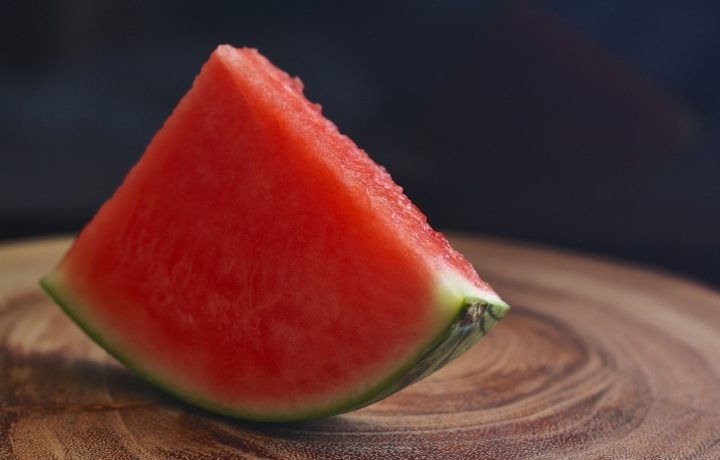
In addition to being produced in the body, citrulline is found in several foods including pumpkin, cucumber, bitter melon, and gourds. It is an amino acid that was first found in watermelon back in 1914 and is known to boost exercise performance.
24. Citrulline enhances anaerobic performance

Researchers at the University of Cordoba discovered that citrulline added to pre-workout products can help to add almost 53% more bench press reps in a workout. This would be particularly useful for athletes undergoing intensive preparation involving a high level of training.
25. Cyclists boost endurance with citrulline
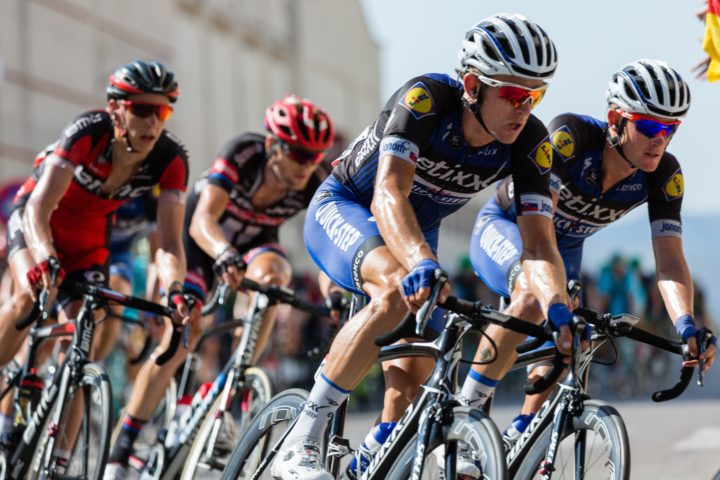
A University of Exeter study found that cyclists biked about 12% longer before exhaustion when taking citrulline, compared to a placebo. Improvements in blood pressure and V̇O2 kinetics were the other key takeaways from the research.
26. Citrulline sparks rise in growth hormone

Citrulline can increase the increase in growth hormone seen after exercise. The post-exercise rise in this and other hormones may be involved in the beneficial adaptations your body experiences when you exercise.
27. Citrulline boosts oxygen content in muscles

During a study into the effects of supplemental citrulline malate ingestion during repeated bouts of lower-body exercise in advanced weightlifters, researchers at Mississippi State University found that citrulline can increase the oxygen content in muscle tissue.
28. Beta-alanine improves strength & endurance

Daily supplementation with 4-6g of beta-alanine for at least two to four weeks improves exercise performance, with more pronounced effects in open end-point tasks/time trials lasting one to four minutes in duration, according to the International Society of Sports Nutrition.
29. Cyclists get muscle boost from beta-alanine

A University of Chichester study into the influence of beta-alanine supplementation on skeletal muscle carnosine concentrations and high-intensity cycling capacity elevated carnosine levels in participants’ muscles by a whopping 80%.
30. Ingredient combos get the seal of approval

Another University of Chichester study into the effect of beta-alanine only and beta-alanine with sodium bicarbonate supplementation on rowing performance found combining the two led to increases in plasma pH, base excess, bicarbonate and lactate concentrations.
31. Care needed with artificial sweeteners
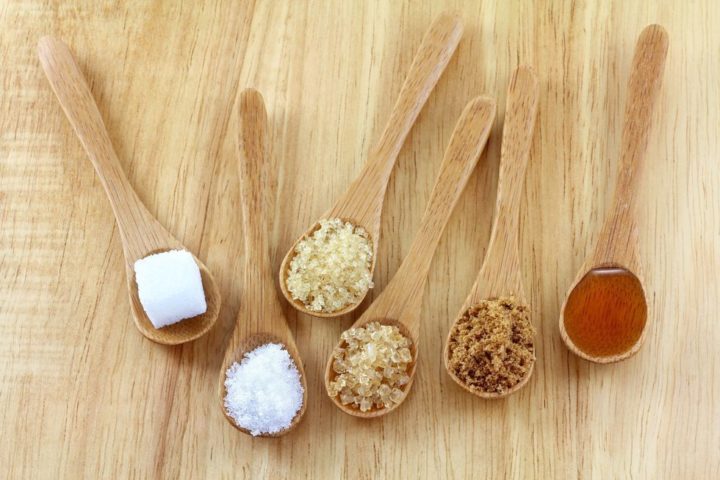
There is plenty of contradictory research about the use of artificial sweeteners like aspartame in fitness supplements. However, a study conducted at Yale University in 2020 discovered that aspartame can contribute to weight loss providing it is not combined with other fats or carbohydrates.
32. BCAAs increase resistance to fatigue

In a study conducted by the University of Sao Paolo, it was found that branched-chain amino acids (BCAA) supplementation increases resistance to fatigue and enhances lipid oxidation during exercise in glycogen-depleted subjects.
33. BCAA dosing is crucial for muscle growth

Collaborative research between academic institutions in the United Kingdom and United States found that BCAAs typically need to be taken at much higher doses (around 5,000 mg) after exercise to promote muscle growth and repair.
34. BCCAs provide rowers with a speed boost

Researchers at Ghent University in Belgium found that 18 rowers who supplemented with BCAAs for seven weeks were 4.3 seconds faster than the placebo group in a 2,000-metre race lasting over six minutes.
35. Nitrates can reduce blood pressure

Dietary nitrate supplementation reduced resting blood pressure and improved V02 kinetics during treadmill walking in healthy older adults but did not improve walking or cognitive performance, according to a University of Exeter study.
36. Beetroot juice improves endurance

Supplementation with beetroot juice has been shown to reduce resting blood pressure and the oxygen cost of submaximal exercise and increase tolerance to high-intensity cycling. One study found that beetroot consumption can increase the time to exhaustion when running by 15%.
37. Sprinters get beetroot boost

To highlight that beetroot supplements are not a one-trick pony, researchers at the University of Exeter discovered that supplementing with beetroot can improve sprinting performance by 4% and may be a valuable ergogenic aid for team sports players.
38. Pre-workout blends help keep you lean

A study published in the International Journal of Sports Nutrition says the combination of relatively low doses of several ingredients – caffeine, creatine, BCAAs, whey protein and cordyceps – increases aerobic performance and helps maintain lean mass.
39. Beware low potassium levels

You need potassium to keep your muscles, nerves and heart working well. You also need potassium for a healthy digestive system and bone health. Low potassium levels in your blood can cause muscle twitches, arrhythmias and excessive urination.
40. Exercise alters B-vitamin requirements
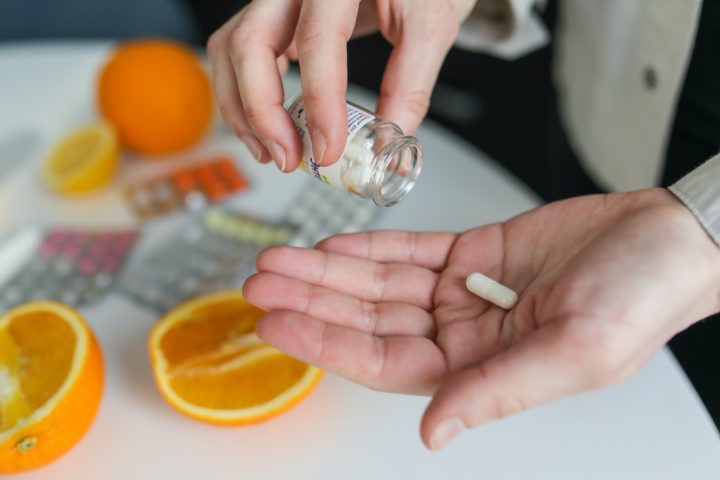
Athletes who have poor diets, especially those restricting energy intakes or eliminating food groups from their diet, should consider supplementing with a multivitamin/mineral supplement. Exercise may increase the need for some B-vitamins, especially B2 and B6.
41. Supplements sometimes cause tingling

A collaborative study by research teams in the US found that 54% of pre-workout product users have reported side effects ranging from jitters to beta-alanine paraesthesia (tingling). Following the dosage instructions limits the impact of this.
42. Experts dubious about pink Himalayan salt
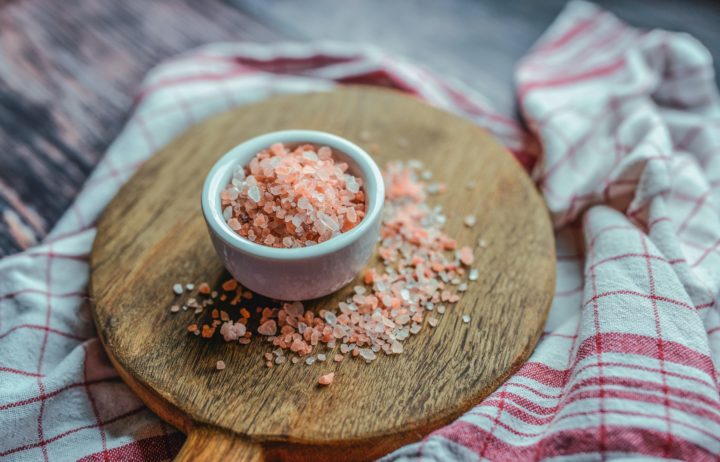
Pink Himalayan salt is made from rock crystals of salt that have been mined from areas close to the Himalayas, often in Pakistan. Despite claims to the contrary, many experts are dubious about whether you get any additional health benefits from consuming it.
43. Avoid allowing electrolyte levels to drop

Hyponatremia occurs when the concentration of sodium in your blood is abnormally low. Sodium is an electrolyte, and it helps regulate the amount of water that is in and around your cells. Low electrolyte levels can lead to seizures and memory loss.
44. take electrolytes and carbs during a workout

According to the American College of Sports Medicine, consuming beverages containing electrolytes and carbohydrates during physical exercise can provide benefits over water alone under certain circumstances. After exercise, the goal is to replace any fluid electrolyte deficit.
45. ISSN focuses on carbs & protein

The International Society of Sports Nutrition (ISSN) found that consuming carbs and protein before and after exercise can improve strength and body composition. The size and timing of a pre-exercise meal may impact the extent to which post-exercise protein feeding is required.
46. The great taurine bull myth

Despite the common belief, taurine is not extracted from bull semen or urine. It was first isolated in 1827 from the bile of an ox. Studies have shown that taurine supplementation protects against pathologies associated with mitochondrial defects such as cardiovascular diseases.
47. Supplementary taurine is usually synthetic

The form of taurine used in supplements and energy drinks is usually synthetic, meaning it’s not derived from animals. Several studies have suggested that taurine combined with caffeine improves mental performance, although some experts remain unconvinced.
48. L-theanine can reduce stress & anxiety

In a review of five randomized controlled trials conducted by research teams in Australia that included 104 participants, four trials linked L-theanine with reduced stress and anxiety in people experiencing stressful situations.
49. Pre-workouts boost VO2 Max

A study by researchers at the University of Oklahoma discovered some interesting pre workout facts. Taking pre-workout supplements significantly improved VO2 Max over three weeks of training. Participants gained significant cardiovascular benefits, while lean body mass results were also positive.
50. Exercise & supplements boost health

More than 100,000 deaths per year could be prevented in the US if adults aged 40 and older increased their physical activity by a small amount. The health benefits provided by pre-workout supplements could have a major impact on the health and well-being of millions of people.
RELATED Posts:
- 50 Pre-Workout Statistics
- 30 Questions to Help Break Through a Fitness Plateau
- 50 Interesting Supplement Facts
- Pre-Workout Ingredients, Dosage & Importance
- Best Pre-Workouts for Cardio
